
Vitamin supplements cancer risk

There is concern that excessive supplementing, particularly with some vitamins, may possibly boost the incidence of certain cancers even though vitamins and minerals are crucial for sustaining good health and preventing deficiencies.
High concentrations of some vitamins, such as beta-carotene and vitamin E, may be linked to an increased risk of some malignancies, particularly in smokers or those who are already at high risk for certain forms of cancer, according to some research.
For instance, some studies have suggested that beta-carotene supplementation may make smokers more likely to develop lung cancer.
However, additional research has suggested that several vitamins, like vitamin D, may act as a preventative measure against various malignancies. On the other hand, the connection between vitamin D and cancer is convoluted and poorly understood.
It is crucial to keep in mind that research in this area is always changing, so any conclusions should be based on the most recent and complete scientific evidence that is currently available.
It is preferable to speak with a skilled healthcare practitioner who can offer individualized recommendations based on your unique health situation and risk factors if you are worried about your vitamin intake and cancer risk. They can advise you on a balanced, healthy diet that promotes overall wellbeing and assist you in determining the proper supplementation, if necessary.
The value of getting critical nutrients from a balanced diet rather than exclusively using supplements has come to light in recent years. The mix of vitamins, minerals, and other healthy substances found in whole meals may work synergistically to promote health and lower the risk of chronic illnesses like some types of cancer.
Many major health groups advise getting nutrients from dietary sources rather to extensively depending on supplements wherever possible, including the American Cancer Society and the National Cancer Institute. In order to maintain general health and possibly reduce the risk of cancer, a balanced diet that consists of a variety of fruits, vegetables, whole grains, lean meats, and healthy fats can supply the essential vitamins and minerals.
Discussing vitamin supplements with your healthcare provider is essential, especially if you have a family history of cancer or other risk factors. They can assess your personal health situation, eating patterns, and any dietary supplement requirements.
That a person's lifestyle has a big impact on their likelihood of getting cancer.
Adopting a healthy lifestyle can lower the risk of cancer and enhance general wellbeing. This includes engaging in regular physical activity, abstaining from cigarette use and excessive alcohol consumption, maintaining a healthy weight, and managing stress.
Research on the connection between vitamin supplements and cancer risk is intricate and dynamic. Although some studies have revealed a link between specific vitamin supplements and a higher risk of developing cancer, further studies are required to clearly establish cause and effect linkages. For the majority of people, eating a balanced diet and leading a healthy lifestyle will likely be more helpful for lowering the risk of cancer and promoting general health. Always get advice from your healthcare professional to determine your specific nutritional requirements and supplementation.
The processes behind the probable link between vitamin supplements and cancer risk have been the subject of research in recent years. According to one idea, excessive amounts of some vitamins, especially antioxidants like vitamin E and beta-carotene, may interfere with the body's built-in defenses against cancer.
Antioxidants, for instance, aid in the neutralization of free radicals, which the body produces as a result of many activities, such as exposure to toxins or radiation, among other things. Free radicals have the capacity to harm DNA and other biological components, which could result in the development of cancer. Free radicals are also used by the body to combat cancer cells. There is fear that ingesting large amounts of antioxidants may upset the equilibrium between antioxidants and free radicals, perhaps causing cancer.
The difference between dietary sources of vitamins and supplements must be made. Numerous studies show that getting vitamins and minerals from whole foods is generally risk-free and healthy, in contrast to high-dose pills, which may be dangerous if used excessively or without a doctor's supervision.
Some specific things to think about
Although some vitamin supplements may pose a danger for cancer, it's important to keep in mind that every person's health, lifestyle, and specific requirements can vary. Focus on eating a balanced diet full of a range of nutrient-rich foods rather than solely relying on supplements, and speak with your doctor about whether they're necessary for your particular condition. Keep in mind that leading a healthy lifestyle and getting frequent checkups at the doctor are essential for preventing cancer and preserving general health.
It's important to remember that no single factor can completely define an individual's chance of developing cancer as the research on vitamins, supplements, and cancer risk progresses. Cancer is a multifaceted disease, and factors including genetics, way of life, environment, and general health status all affect risk.
Additional things to think about
Targeted supplementation may be necessary in some circumstances for those who have certain dietary deficiencies.
The fact that this information is based on knowledge that will be available through September 2021 must be emphasized.
New studies may provide more light on the connection between vitamin supplements and cancer risk because scientific knowledge is constantly changing. As a result, it's crucial to stay educated with the most recent, scientifically sound knowledge.
The best way to lower your chance of developing cancer is to lead a healthy lifestyle that includes a balanced diet, regular exercise, and abstaining from unhealthy behaviors. Consult with a knowledgeable healthcare provider who can offer individualized advice based on your unique health state and needs before thinking about any significant changes to your diet or supplementation. They can assist you in making decisions that will promote your general wellbeing and lower dangers.
High calcium supplement doses may be associated with an increased risk of certain malignancies, including prostate cancer, according to some research. In particular, if you have worries about bone health, it's crucial to be conscious of your calcium consumption from both food sources and supplements.
Adopting a holistic approach is crucial for cancer prevention and general wellness. This comprises:
To address your unique health concerns and to decide on dietary choices and supplements, always seek the advice of your healthcare professional or a trained dietitian.
Even while there are no guarantees when it comes to preventing cancer, living a healthy lifestyle can considerably improve general wellbeing and may help lower the chance of developing some cancers. To make the greatest decisions for your health, it's also crucial to stay up to date on the newest research advancements and advice from trustworthy health organizations.
Here you can select best "Supplements"
China-Free Physician-Grade Supplements with USA Tested & Patented Ingredients
Doctor-Quality Dietary Supplements - USA Tested & Patented Formulas - ZERO Chinese Ingredients
Save 10% On Your 1st Supplement Purchase With Email Signup









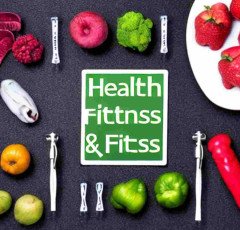

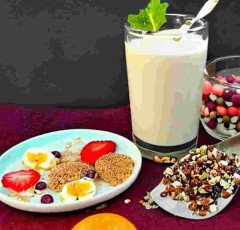










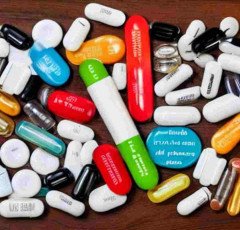

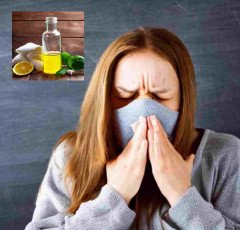



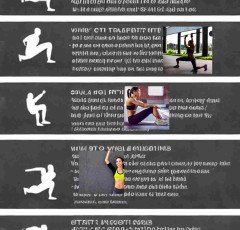






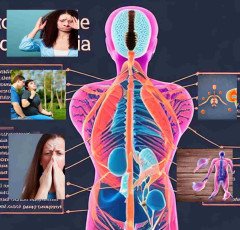






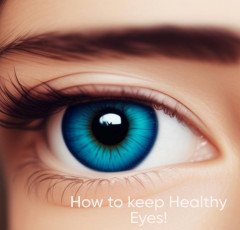















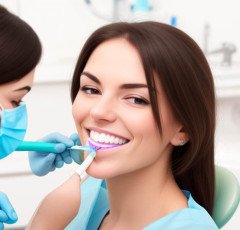
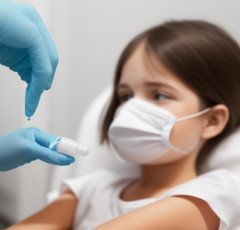


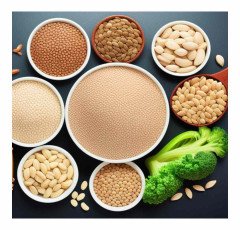

















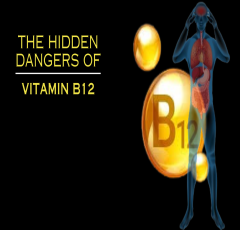






 Unlimited access to classes on illustration, photography, design, film, music
Unlimited access to classes on illustration, photography, design, film, music  SEO Checklist
SEO Checklist  ELECTRONIC ACCESSORIES
ELECTRONIC ACCESSORIES  Amazon Best Selling Products
Amazon Best Selling Products  NordLocker
NordLocker  Best Home Appliances
Best Home Appliances  Hot Bags For Pain Relief
Hot Bags For Pain Relief  Women Fashion
Women Fashion  Best Robotic Vacuum Cleaners
Best Robotic Vacuum Cleaners  Men Clothing
Men Clothing  ASUS Laptop
ASUS Laptop  Smart Doorbell
Smart Doorbell  All Wireless Products
All Wireless Products  Best Sellers On Amazon
Best Sellers On Amazon  NordVPN
NordVPN  Unreal Engine 5 For Beginners Learn The Basics Of Virtual Production
Unreal Engine 5 For Beginners Learn The Basics Of Virtual Production  Artificial Intelligence
Artificial Intelligence  Acer Laptop
Acer Laptop  NordPass
NordPass  Best Selling Books
Best Selling Books  Favorite Company (Cuelinks)
Favorite Company (Cuelinks)  Only For The United States
Only For The United States  Sennheiser
Sennheiser  Hello Theme
Hello Theme  TitTok Revolution
TitTok Revolution  BEST SELLER TOP10
BEST SELLER TOP10  ASPINAL LONDON
ASPINAL LONDON  The Secret Email System
The Secret Email System  Graphics & Design
Graphics & Design  One World Collection
One World Collection  The Click Engine
The Click Engine  Online Technology Classes
Online Technology Classes  Creative Brief For Video Shoot
Creative Brief For Video Shoot  RPM 3.0
RPM 3.0  Online Marketing
Online Marketing  1150+Trendy kids coloring pages Bundle
1150+Trendy kids coloring pages Bundle  SOFAS
SOFAS  Top Rated From Amazon
Top Rated From Amazon 
















